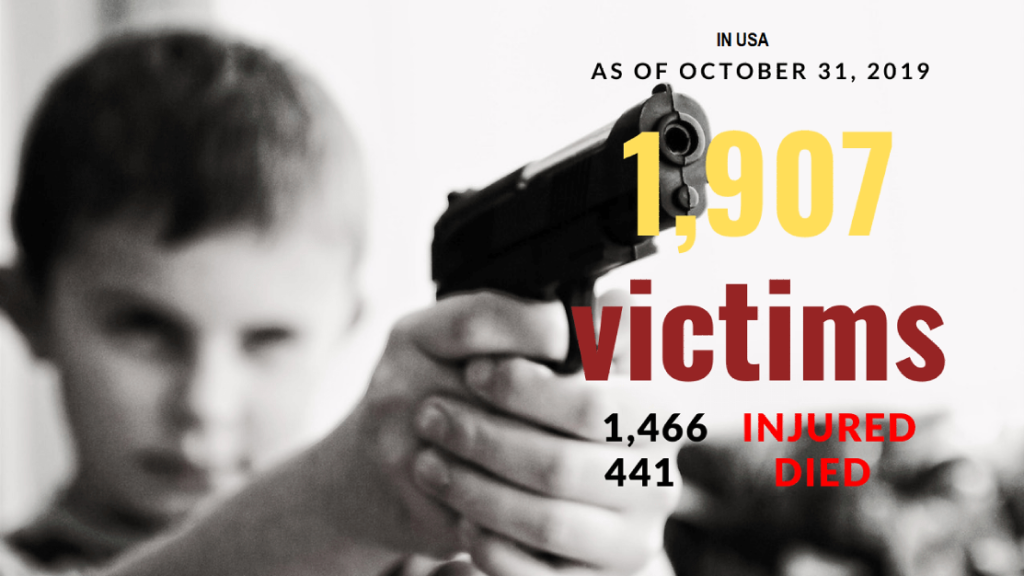
The degree to that psychological state will or won’t contribute to high school shootings has been debated in society.
Although the vast majority of mentally ill individuals are non-violent, some evidence has suggested that mental illness or mental health symptoms are nearly universal among school shooters.
A 2002 report by the United States intelligence agency and United States Department of Education found proof that a majority of college shooters displayed proof of psychological state symptoms, typically unknown or untreated.
Criminologists Fox and DeLateur note that psychological state is simply a part of the difficulty, however, and mass shooters tend to externalize their issues, blaming others and are unlikely to seek psychiatric help, even if available. Other students have all over that mass murderers show a standard constellation of chronic psychological state symptoms, chronic anger or delinquent traits, and a tendency to blame others for problems. However, they note that trying to “profile” faculty shooters with such a constellation of traits can doubtless lead to several false positives as several people with such a profile do not engage in violent behaviors.
McGinty and colleagues conducted a study to search out out if folks cared-for associate the violence of college shootings with psychological state, at the expense of alternative factors like the availability of high-capacity magazines.
Nearly 2,000 participants scan a news piece on a shooting during which the shooter is diagnosed as having a psychological state and UN agency used high capacity magazines. One cluster scan a piece that bestowed solely the facts of the case.

A different cluster scan a piece concerning a similar shooting, but in it, the author advocated for gun restrictions for folks with the psychological state. Another point of view sees that shootings may stem from a social group drawback rather than an individual problem.
The control group did not read anything. Participants were then all asked to fill in a questionnaire asking about their views on gun control and whether they thought there should be restrictions on high-capacity magazines.
71% of the management cluster thought that gun restrictions ought to be applied to folks with the psychological state, and nearly 80% of participants who read the articles agreed. Despite the very fact that the article exposed the readers to each the psychological state of the shooter and also the indisputable fact that the shooter used high-capacity magazines, participants advocated more for gun restrictions on folks with psychological state instead of bans on high-capacity magazines.
This suggests that folks believe the psychological state is that the offender for varsity shootings in function of the accessibility of guns or alternative environmental factors. The authors expressed concern that proposals to focus on regulating laws at folks with the psychological state don’t take into consideration the advanced nature of the link between serious mental illness and violence, abundant of that is thanks to further factors like abuse. However, the link is unclear since research has shown that violence in mentally ill people occurs more in interpersonal environments.
A 2016 opinion piece concluded that 22% of mass murders are committed by people who suffer from a serious mental illness, and 78% do not. This study also concluded that many people with mental illnesses do not engage in violence against others and that most violent behavior is due to factors other than mental illness.